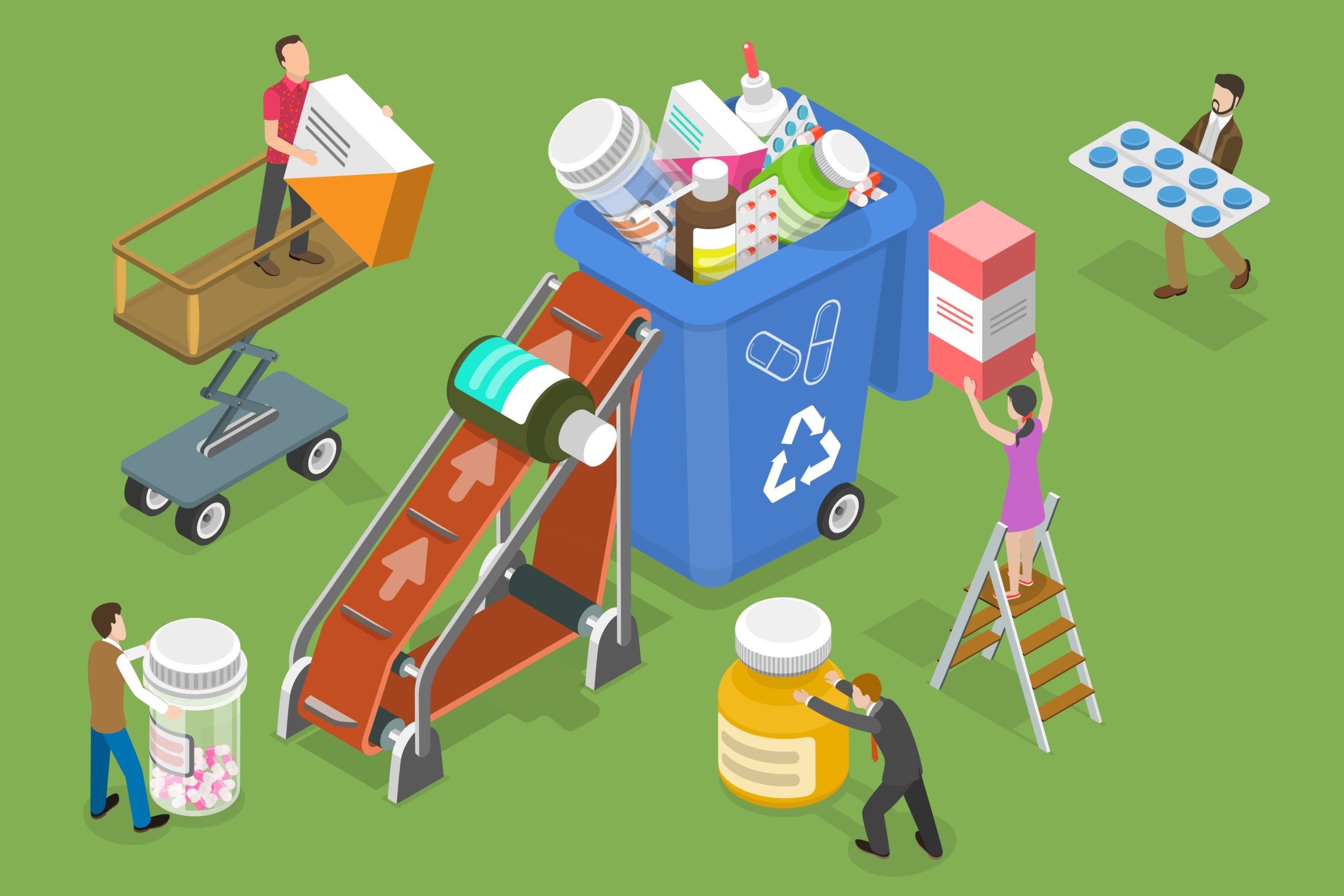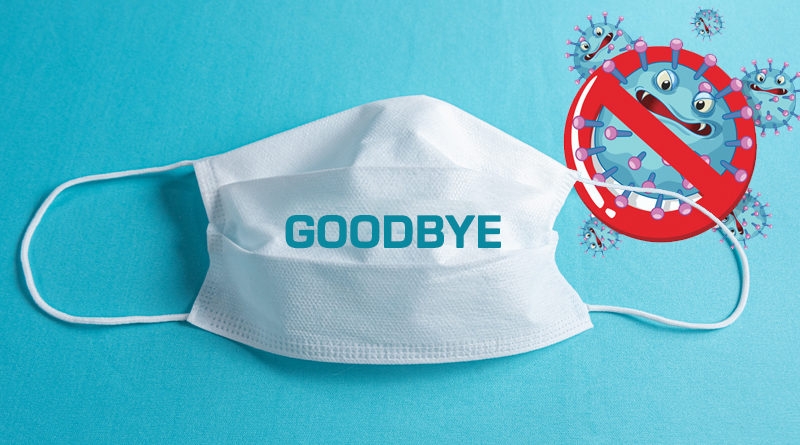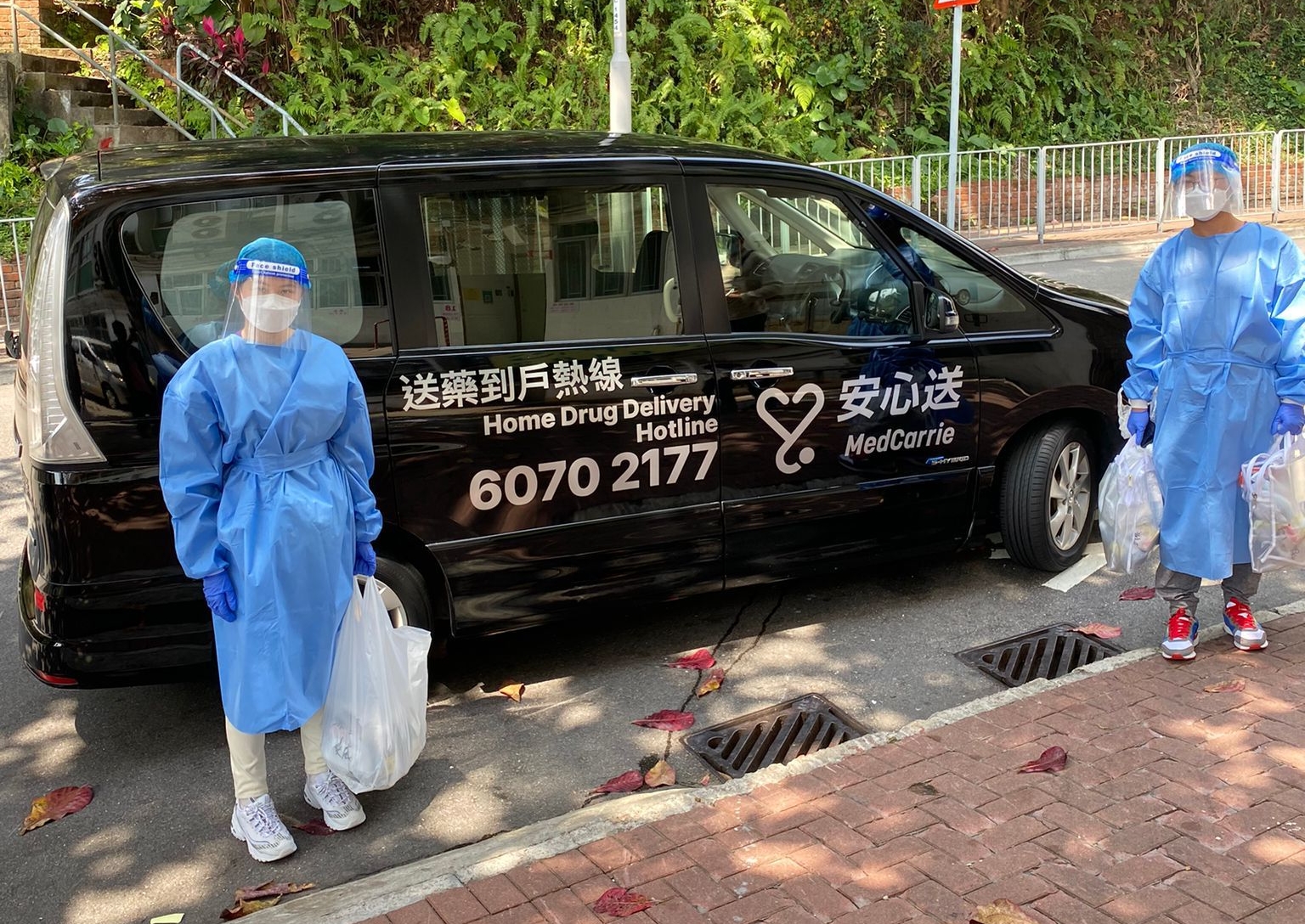Is the way we dispose of unused drugs creating a problem down the road?
We hear a lot about waste these days. Wasted food, wasted energy, plastic waste, bottles and cans, but drug waste is the type of waste that can hardly be noticed and observed. Many unused drugs from hospitals, clinics, old-age homes and even just from our neighbourhood are simply thrown away like regular rubbish, even if the drugs have not yet expired and are still in good condition.
This actually creates a couple of serious problems.
First, why are we throwing away perfectly usable drugs that are still effective in the first place? Could they be repacked or repurposed? What’s more is how are we disposing of these drugs, and where are they actually going?
In Hong Kong, there are no policies or guidelines for public or private hospitals, clinics, doctors, or even every citizen on how to handle or dispose of drugs, and no public disposal facilities either. So, most drugs are either just flushed down the toilet or simply tossed away like regular rubbish to end up in landfills, from where they can leak into the sea or even get back into the water or food chain.
This problem became even more noticeable during the COVID period when millions of masks, test kit samples - both positive and negative - plus massive quantities of packaging and plastic were tossed away daily.
Many companies like us would like to create more awareness of this issue among the public, and various government bodies to do something practical to solve the problem.
The consequences of unrestricted dumping of unused drugs are devastating. We need to ‘rethink’ our whole approach to reusing, repairing, repurposing and disposing of drugs in a safe, productive and systematic way for long-term sustainability.
In fact, we recently participated in an industry event ReThink HK 2023 for this purpose, which aims literally at “rethinking” many of our day-to-day practices in a wide range of sectors to create a safer,healthier, less wasteful and more sustainable society.
In terms of the way we handle drugs, we would like to suggest:
1. Placing smart tags on all drugs to record their temperature and humidity profiles
2. Providing anti-bacterial materials to secure the packaging of the drugs to avoid spillage and contamination
3. Providing proper public facilities for returning and storing drugs that are still in good and usable condition.
These are just a few thoughts, and I would be interested to hear your views on this issue. Do you feel it is an important issue, and how could we move ahead in solving it?
Looking forward to your insights here!







